Table of Contents
What are the basic steps of personal hygiene?
Good personal hygiene is essential for a healthy lifestyle, and taking the right steps to maintain it is important. It is important to understand what the basic steps of personal hygiene are in order to ensure that you are keeping yourself clean and healthy. In this article, we will discuss What are the basic steps of personal hygiene? We will provide an overview of the basic steps required to maintain good personal hygiene in order to keep your body and mind healthy.
Bathe regularly
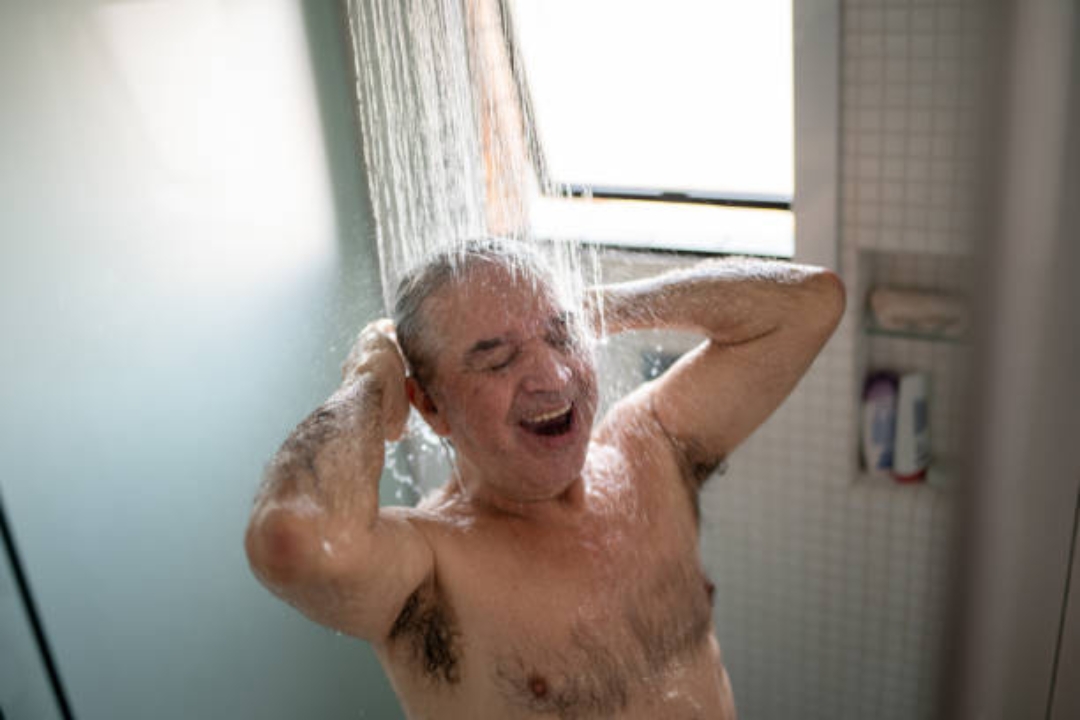
Personal hygiene is an important part of health and well-being. It’s essential to practice good hygiene habits in order to stay healthy and prevent the spread of germs. Bathing regularly is one aspect of personal hygiene that should not be overlooked. Taking a bath or shower at least once a day can help keep your skin clean, remove dirt, sweat, and oil from your body, and reduce the risk of infection or illness.
When it comes to basic steps for personal hygiene, bathing on a regular basis is at the top of the list. To ensure you are getting all the benefits from your bath or shower routine, make sure you are using warm water with soap for lathering up your entire body (including between toes). Scrubbing with a washcloth or loofah can help further remove bacteria from your skin’s surface and leave you feeling refreshed afterward.
Wash your hands frequently
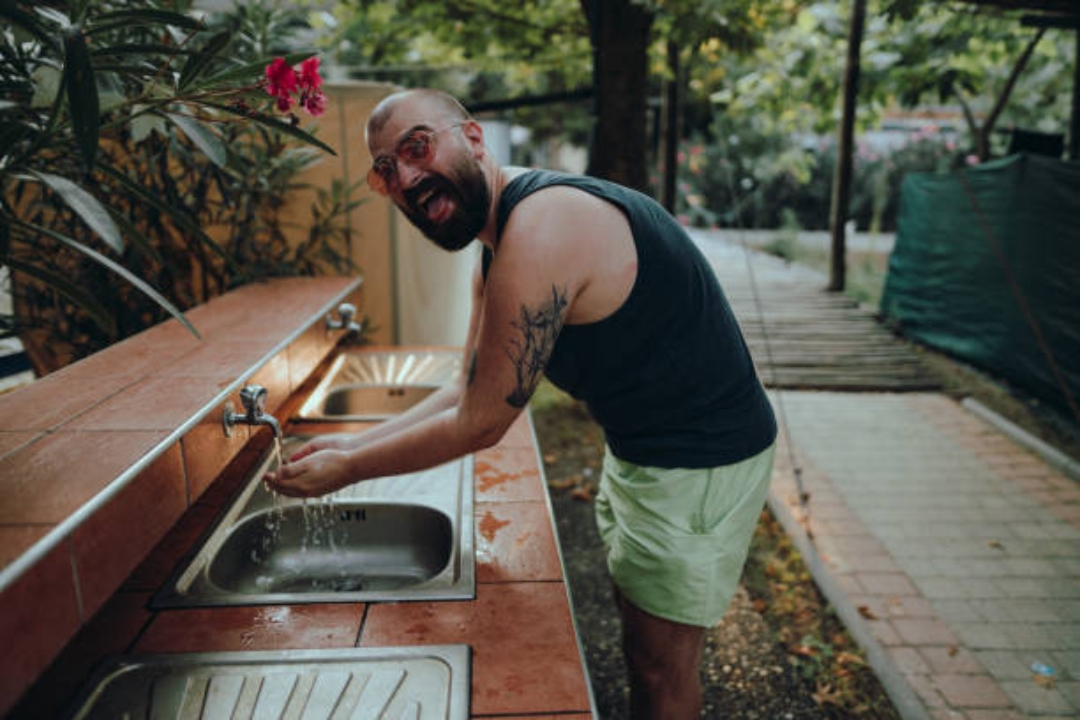
An important element of personal hygiene is washing your hands. It’s recommended that you wash your hands before and after meals, after using the bathroom, and after sneezing, coughing, or blowing your nose. Doing so helps to prevent the spread of germs and can help reduce illness.
Washing your hands properly starts with wetting them with warm water and lathering up with soap for at least 20 seconds. Be sure to scrub all surfaces, including between fingers and under nails where germs tend to reside. Rinse thoroughly with water before drying off using a clean towel or air-dryer. Once you’ve dried off completely, use a paper towel to turn off any faucets or handles that you touched while washing in order to prevent recontamination of the area.
Brush and floss your teeth
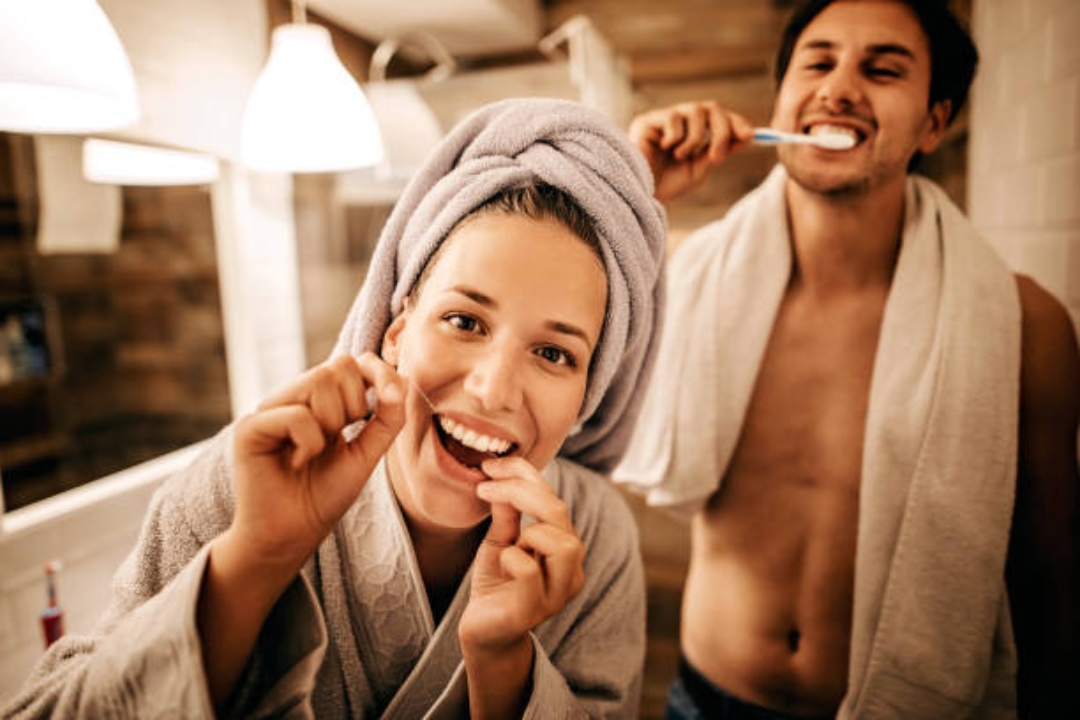
Good dental hygiene is essential for overall health and wellbeing. Everyone should brush and floss their teeth on a daily basis as part of the basic steps of personal hygiene. Regular brushing and flossing helps keep your teeth clean, free from plaque buildup, and looking bright.
Using a toothbrush with fluoride toothpaste can help keep your teeth strong by removing bacteria that cause cavities and gum disease. When brushing your teeth, be sure to brush for two minutes twice a day – in the morning after breakfast and at night before bedtime. Don’t forget to brush your tongue too! Flossing helps remove food particles stuck between your teeth that can cause bad breath or lead to an increase in plaque buildup. It’s important to use dental floss or another interdental cleaner once a day to help reach all areas of the mouth where a toothbrush cannot reach.
Clean your nails
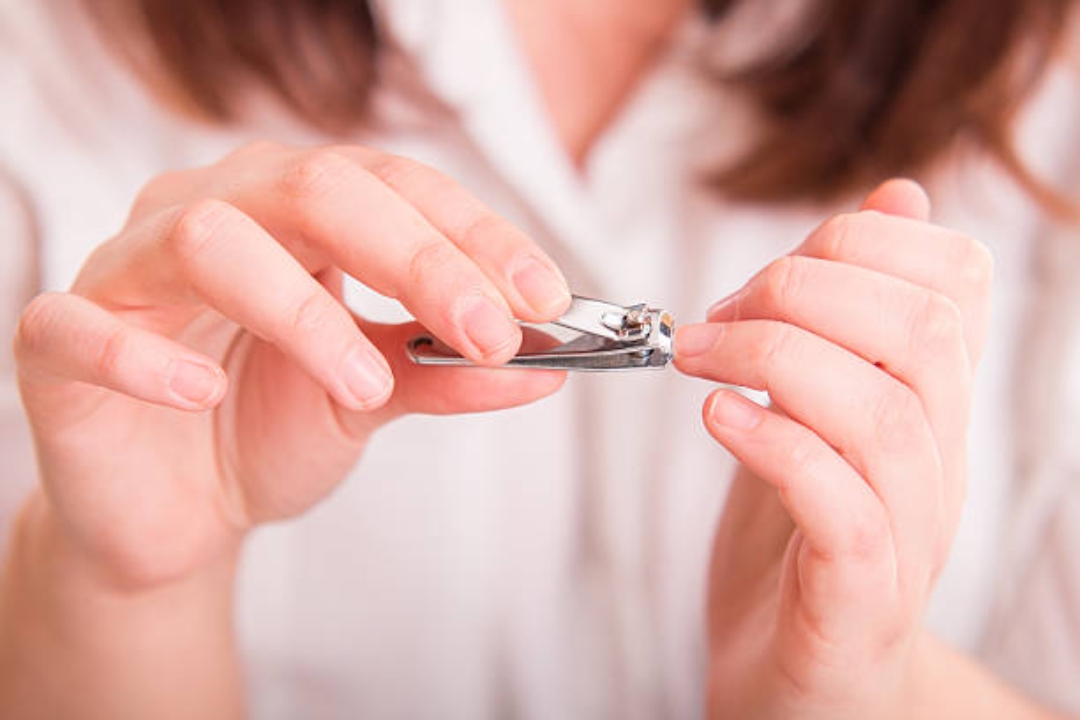
Good personal hygiene involves more than just brushing your teeth and showering regularly. Keeping your nails clean and trimmed is an important part of the basic steps of personal hygiene. This helps prevent dirt, bacteria, and germs from building up under the nail bed and spreading infection.
The most crucial step in keeping your nails clean is to trim them regularly with a pair of scissors or clippers. Be sure to use clean tools that are free from dirt and bacteria to avoid introducing new contaminants into your nail beds. To remove any existing dirt or grime before clipping, you can use a toothbrush or cotton swab dipped in warm soapy water to gently scrub each nail bed.
Afterwards, make sure you dry off any remaining moisture on the nails before applying a moisturizing cream or lotion as this will help keep them healthy and hydrated.
Wear clean clothes

Wearing clean clothing is also an important part of personal hygiene, as it helps to prevent the spread of germs and bacteria. Washing your clothes regularly is one of the basic steps of personal hygiene that should not be overlooked.
Sweat, dirt, and oil can accumulate on clothes over time, so it’s important to wash them often in order to maintain a hygienic environment. Washing your clothes will help remove any bacteria or dirt that may have been transferred from other people or surfaces. It’s also important to ensure that you are wearing clean clothes every day and changing them when they become soiled or smelly. In addition to washing your clothes regularly, you should also take care to store them in a clean space such as a closet or dresser drawer away from any dust or dirt particles.
Use deodorant
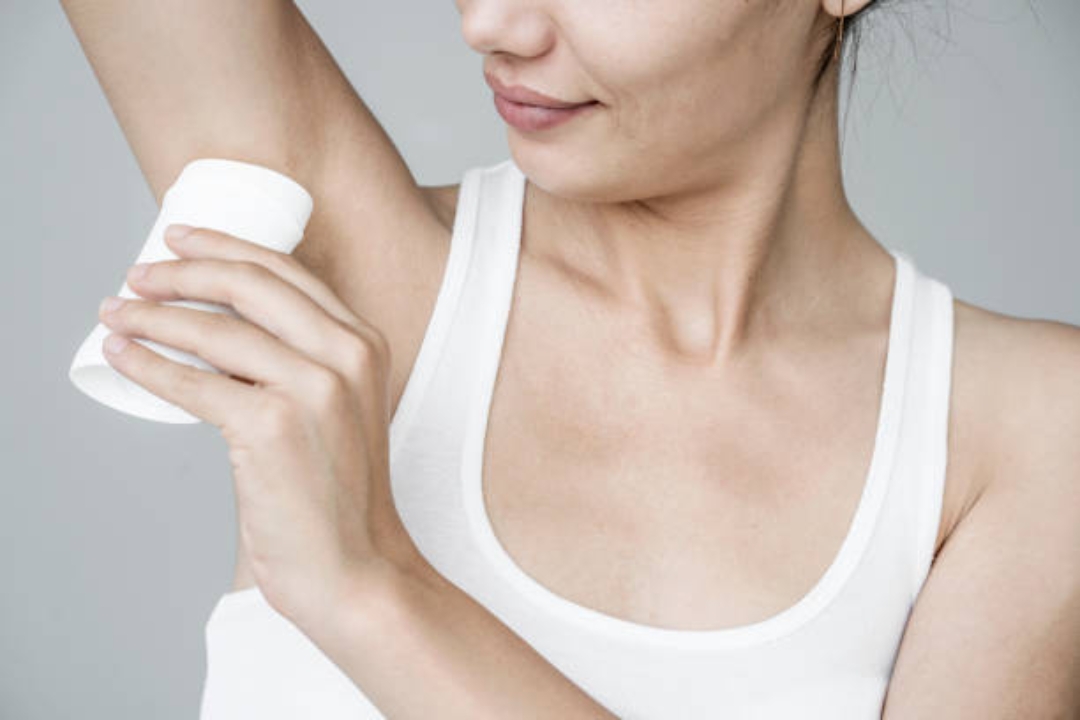
Personal hygiene is essential to maintain a healthy and pleasant lifestyle. One of the basic steps of personal hygiene includes using deodorant. Deodorant helps to reduce body odor caused by sweating, making it an important part of any daily routine. This is especially true for those who are more prone to sweat due to physical activities or an increase in temperature.
Deodorants come in many different forms, from sprays and roll-ons to sticks and creams. It is important to use the correct type of deodorant for your skin type, as some can be too strong or harsh on sensitive skin while others may not be strong enough for heavy perspiration. Additionally, paying attention to ingredients can help prevent further irritation or allergies that can arise when using certain deodorants. A dermatologist can provide advice on which type may be most suitable for you.
Moisturize your skin
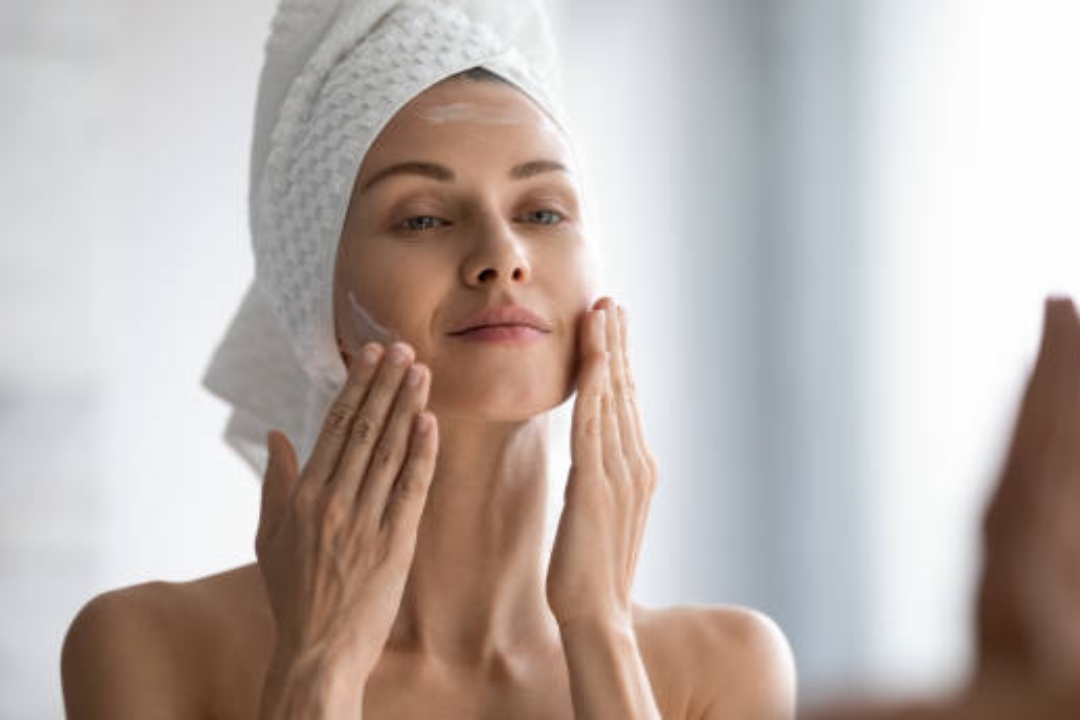
Moisturizing your skin is also one very important step that should be included in any regular personal hygiene routine. When done correctly, moisturizing can help keep your skin hydrated, soft and smooth while protecting it from environmental factors such as wind, sun or cold weather.
A good moisturizer should contain ingredients like hyaluronic acid and natural oils which help to trap water in the surface layers of the skin and protect against moisture loss. Depending on the type of skin you have, you may want to use a heavier cream for dryer areas or a lighter lotion for oilier areas. In addition to using a moisturizer daily, exfoliating once or twice a week can help keep your pores clean by removing dead cells from the surface of your skin.
Use bidet handheld
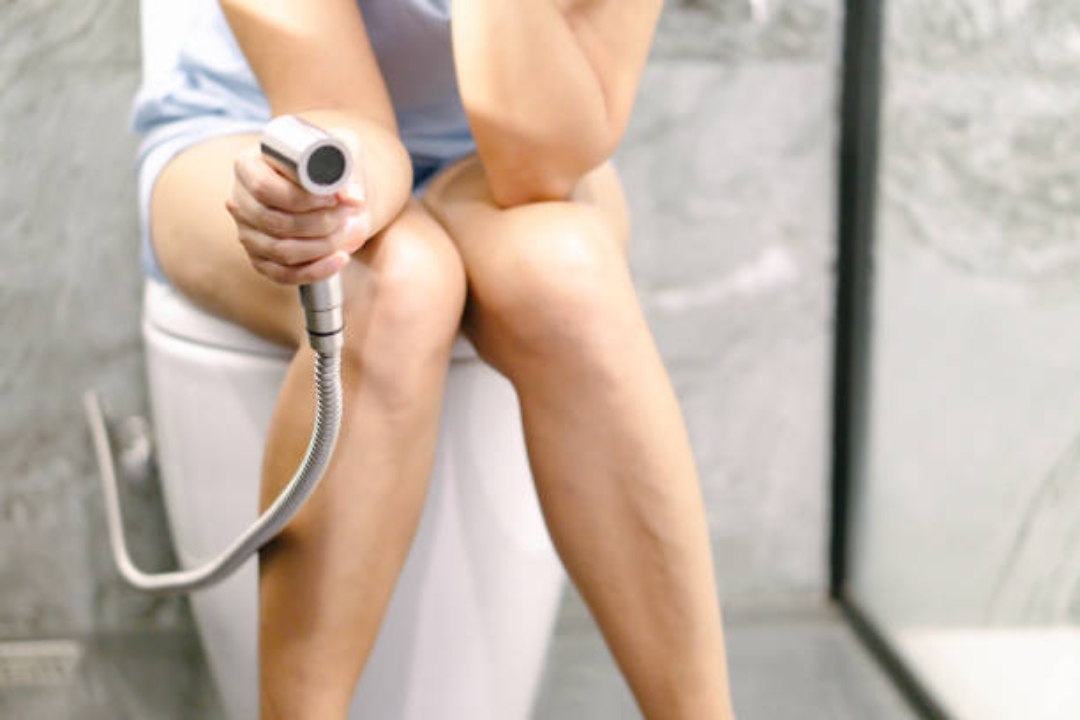
Bidet handhelds are becoming increasingly popular for people who want to maintain a high standard of personal hygiene. Using a bidet handheld is a great way to keep your body clean and free from unwanted bacteria and germs that can cause infection or illness. Here we will explore the basic steps involved in using a bidet handheld for personal hygiene.
Firstly, you should ensure that the temperature of the water used is comfortable, as hot temperatures may be too harsh on sensitive skin areas. Then it is important to adjust the spray pressure so that it is not too strong or harsh on your skin but still provides enough pressure for effective cleaning. Once you have adjusted the settings, hold the nozzle close to your skin with one hand while using your other hand to guide the stream of water over affected areas such as underarms, feet, groin and buttocks area.
How often should I shower?
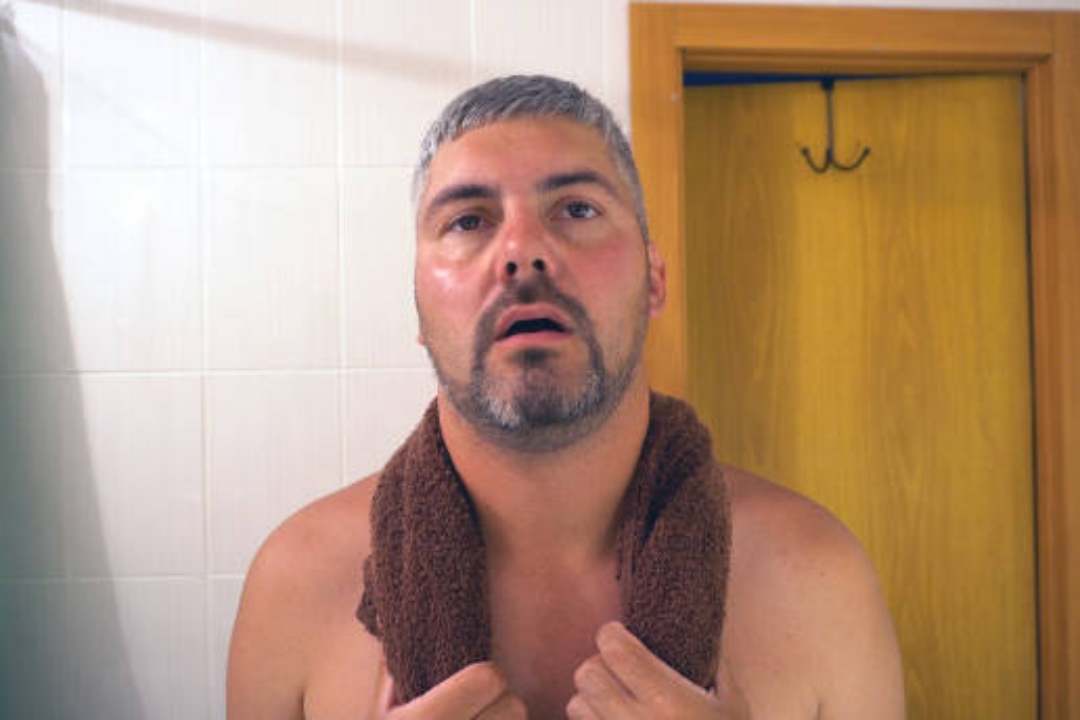
It is important to maintain proper personal hygiene in order to stay healthy and free of disease. One way to do this is by taking regular showers. But how often should you shower? While the answer can depend on individual circumstances, there are basic steps everyone should follow when it comes to taking care of their personal hygiene.
First, it is recommended that you shower at least every two or three days, although some people prefer to bathe more frequently than this. This will help remove dirt and oil from your skin and prevent the spread of bacteria that can cause infections.
Additionally, it is a good idea to use soap and shampoo when showering in order to further cleanse your body and hair. Be sure to also dry off thoroughly after each shower so as not to create an ideal environment for bacteria growth on your skin.
How often should I wash my hair?

To keep your hair healthy, it’s essential to understand how often you should wash it. Knowing the basic steps of personal hygiene will help you determine the best frequency for washing your hair.
When determining how often to wash your hair, consider factors such as lifestyle, hair type and scalp condition. Depending on these elements, most people should be washing their hair at least once every three days.
For those who exercise frequently or have oily scalps and/or thicker strands of hair, more frequent washes may be necessary; this could mean washing every other day or even daily in some cases. On the other hand, if you have dryer scalp conditions and/or finer strands of hair, less frequent washes may be beneficial; once every five to seven days is generally recommended in this case.
How often should I brush my teeth?

Brushing your teeth is an important part of personal hygiene. It’s essential to brush your teeth daily in order to maintain a healthy mouth and avoid tooth decay, gum disease, and other oral health issues. Knowing how often you should brush your teeth is the first step in optimizing your dental care routine.
The general consensus amongst dentists is that brushing twice a day for two minutes at a time should be sufficient in keeping your mouth clean and healthy. These two-minute intervals should be spaced out evenly throughout the day, with one session taking place before bedtime and another upon waking up or after breakfast.
Flossing also plays an important role in preventing cavities, so it’s recommended to floss once per day as well. Additionally, using an antibacterial mouthwash can help reduce plaque buildup and bad breath between brushing sessions.
How can I prevent body odor?

Good personal hygiene is the most effective way to prevent body odor. It’s important for people to understand the basic steps of personal hygiene in order to ensure that their bodies stay clean and healthy.
The first step in preventing body odor is to shower daily and wear clean clothes. Washing your skin with a mild soap can help remove sweat, bacteria and other dirt that may be trapped on your skin. When you’re finished, pat yourself dry with a towel instead of rubbing or scrubbing your skin.
Additionally, wearing breathable fabrics like cotton help wick away sweat and reduce any unpleasant smells.
It’s also important to pay attention to areas such as armpits, groin, toes and feet which accumulate sweat more easily than other parts of the body. Be sure these areas are washed regularly as well with an antibacterial soap if necessary.
How can I prevent bad breath?

Having bad breath can be a difficult problem for many people. It can be embarrassing and create social anxiety, but there is no need to worry! Taking good care of your oral hygiene, following the basic steps of personal hygiene and consuming certain foods are simple ways to keep bad breath away.
To prevent bad breath, make sure you brush your teeth twice daily with mouthwash or toothpaste. Flossing after brushing will help remove food particles that may cause bad odors from your mouth.
Additionally, it is important to brush your tongue as well since bacteria can build up on its surface. This will help in removing any debris that might be stuck between teeth or on the gums too. If you wear dentures, make sure they are clean and properly fitted so no food particles get trapped underneath them either.
How can I keep my skin healthy and clean?

Maintaining healthy and clean skin can be a challenge, but there are some basic steps of personal hygiene that can help. Firstly, it is important to keep the face clean by washing it twice daily with water and a mild cleanser. This will remove dirt and oil from the pores, preventing acne breakouts.
Secondly, follow up cleansing with an appropriate moisturizer for your skin type in order to keep it hydrated and protected from environmental damage. Finally, exfoliate at least once or twice weekly to remove dead skin cells that accumulate on the surface of the skin.
In addition to these basic steps of personal hygiene, you should also wear sunscreen when outdoors and limit your exposure to direct sunlight in order to protect your delicate facial skin from sunburns and long-term aging effects.
How can I prevent and treat acne?
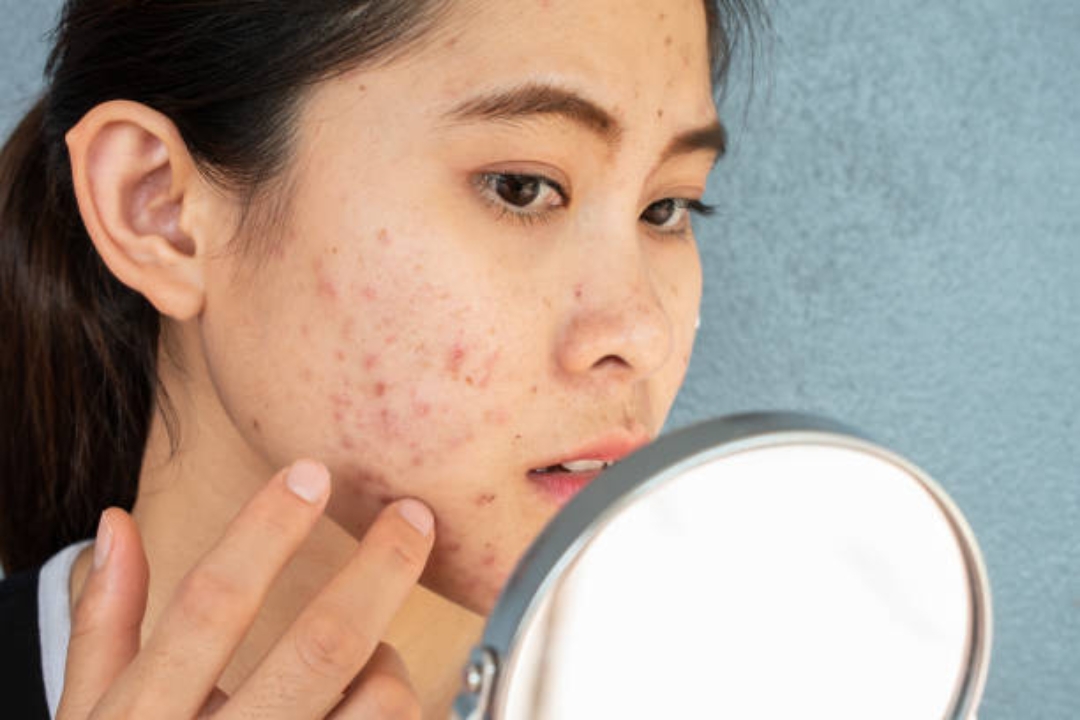
Acne is a common skin condition that affects many people. Fortunately, there are some simple steps you can take to both prevent and treat acne. The basic steps of personal hygiene are key in keeping your skin healthy and clear.
It is important to wash your face twice daily with a gentle cleanser and warm water. This will help remove the dirt, oil, and dead skin that can clog pores and cause breakouts. Additionally, avoid rubbing or scrubbing too hard on your face as this could irritate the skin further and make acne worse.
After cleansing, applying an over-the-counter topical cream such as benzoyl peroxide or salicylic acid can be very helpful in reducing inflammation and bacteria growth associated with acne. Always remember to use sunscreen when going outside since sun exposure could also worsen existing breakouts or lead to new ones forming.
How can I keep my nails clean and trimmed?

Maintaining clean and trimmed nails is an important part of personal hygiene. Having clean nails can help to prevent the spread of bacteria and other germs that may lead to illnesses and infections. To keep your nails clean and trimmed, there are certain steps you should follow.
First, make sure you wash your hands regularly with soap and water or a sanitizing hand gel. This will help remove dirt, debris, and any bacteria that may be on your hands. Next, use a nail brush or emery board to scrub underneath your nails and remove any dirt or grime that has built up.
After cleaning your nails, use a nail clipper to trim them back on all sides so they’re even in length. Finally, finish off by filing the edges of your nails with an emery board for a polished look.
How can I prevent and treat foot odor?

Having stinky feet can be a real problem, but it’s one that can easily be prevented with some basic steps of personal hygiene. Foot odor is caused by bacteria that thrive in the dark, warm environment inside your shoes and socks. By taking some preventive measures you can reduce or even eliminate the stink from your feet!
One of the most important steps you should take to prevent foot odor is keeping your feet clean and dry. Make sure to wash your feet daily with soap and water, paying special attention to areas between toes where sweat accumulates. After washing, make sure to dry them completely before wearing shoes or putting on socks.
Additionally, change out of damp socks as soon as possible and wear sandals or open-toed shoes whenever you have the chance – letting air circulate around your feet will help keep them dry and free from bad odors.
